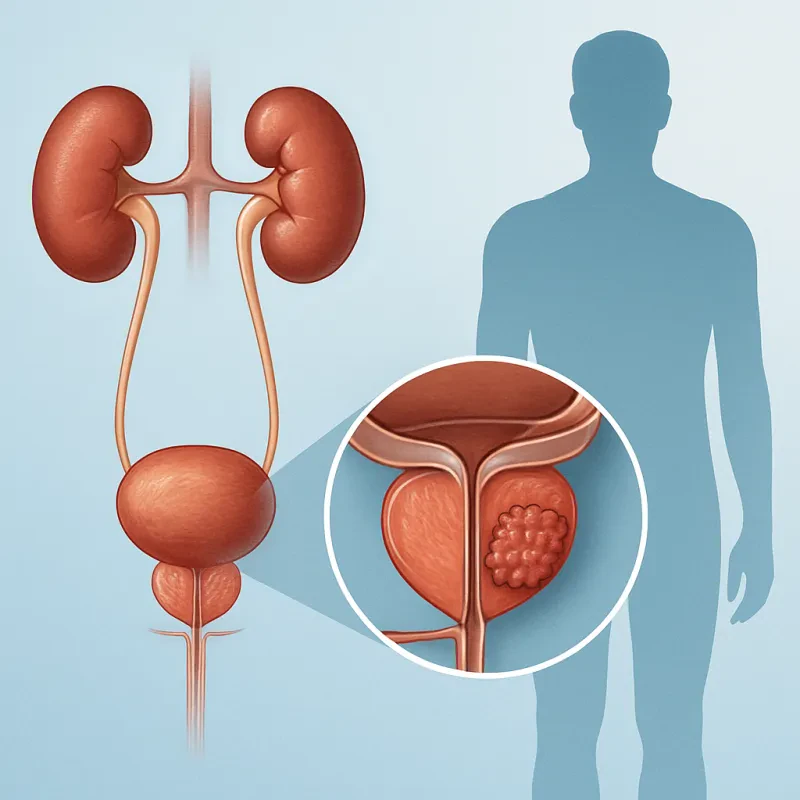Why Vitamin D3 Alone May Not Be Enough — Especially for Black and Hispanic Men
Introduction
Vitamin D has long been recognized as essential for bone health, immune function, and cancer prevention. Yet, recent advances in nutritional science have revealed a critical nuance: Vitamin D3 alone is not always sufficient. Without its biological partner, Vitamin K2, long-term supplementation with high-dose Vitamin D may increase the risk of calcium misplacement — strengthening bones on one hand, but potentially calcifying arteries and kidneys on the other.
This risk has broader implications for populations already facing disproportionate health burdens. Black men are twice as likely to die from prostate cancer compared to white men, and both Black and Hispanic men are at higher risk for vitamin D deficiency, cardiovascular disease, and metabolic disorders. Understanding how D3 and K2 interact is not just a biochemical curiosity — it’s a matter of survival.
Vitamin D3: The Sunshine Hormone
-
Function: Vitamin D3 (cholecalciferol) helps the body absorb calcium and phosphate from the gut. It plays a central role in maintaining bone density, regulating immune activity, and modulating hormones.
-
Deficiency: Darker skin reduces the efficiency of vitamin D synthesis from sunlight. Studies show that 76% of Black Americans and 60% of Hispanic Americans have insufficient vitamin D levels.
-
Cancer Risk: Prostate cancer, in particular, has been linked to low vitamin D status. Some studies suggest deficient men present with more aggressive disease.
Problem: Vitamin D3 increases calcium absorption — but it does not control where that calcium goes.
Vitamin K2: The Traffic Controller of Calcium
-
Function: Vitamin K2 (menaquinone, especially the MK-7 form) activates proteins such as osteocalcin and matrix Gla-protein (MGP).
-
Osteocalcin → deposits calcium into bones and teeth.
-
MGP → prevents calcium from depositing in arteries, kidneys, and soft tissue.
-
-
Deficiency: The Western diet is extremely low in K2, since it is found in fermented foods (natto, aged cheeses) and grass-fed animal products.
Together: D3 absorbs calcium, K2 directs it. Without K2, calcium may “leak” into blood vessels — contributing to arterial stiffness, kidney stones, and higher cardiovascular risk.
Why This Matters More for Black and Hispanic Men
-
Vitamin D Deficiency: Higher melanin → lower natural vitamin D production → more supplementation needed.
-
Cardiovascular Disease: Both populations face higher rates of hypertension, diabetes, and heart disease, which makes calcium misplacement more dangerous.
-
Cancer Risk: Black men have the highest incidence and mortality from prostate cancer worldwide. Adequate vitamin D status is protective, but safe supplementation must include K2 to minimize cardiovascular trade-offs.
Clinical Evidence
-
Cardiovascular Health: A 2019 study in the Journal of the American Heart Association found that adequate Vitamin K2 status significantly reduced arterial calcification in high-risk groups.
-
Bone Health: Trials demonstrate that D3 + K2 supplementation improves bone mineral density better than D3 alone.
-
Cancer Research: Preliminary studies suggest Vitamin K2 may also have direct anti-cancer effects, though further trials are needed.
Practical Guidance
-
Dosage:
-
Vitamin D3: 2000–5000 IU daily (depending on labs).
-
Vitamin K2 (MK-7): 100–200 mcg daily.
-
-
Testing: Ask your doctor for a 25(OH)D blood test (optimal range: 40–70 ng/mL for cancer prevention).
-
Diet: Add K2-rich foods: natto, sauerkraut, grass-fed butter, and Gouda or Brie cheese.
Key Takeaway
For Black and Hispanic men — already burdened with health disparities in prostate cancer and heart disease — the combination of Vitamin D3 + K2 is safer and more effective than Vitamin D3 alone. It’s not about replacing one pill with another; it’s about making sure your supplements work in harmony with your biology.
Final Word
Prostate cancer is a silent disease until it isn’t.
Vitamin D deficiency is silent until it isn’t.
By staying informed, supplementing wisely, and advocating for equitable care, we can shift the statistics — and save lives.
This article is for educational and informational purposes only. It does not provide medical advice, diagnosis, or treatment. Always consult your physician or qualified healthcare professional before making any changes to your healthcare plan, supplements, or treatments. Individual needs vary, and what works for one person may not be appropriate for another.


